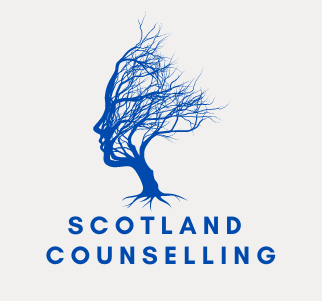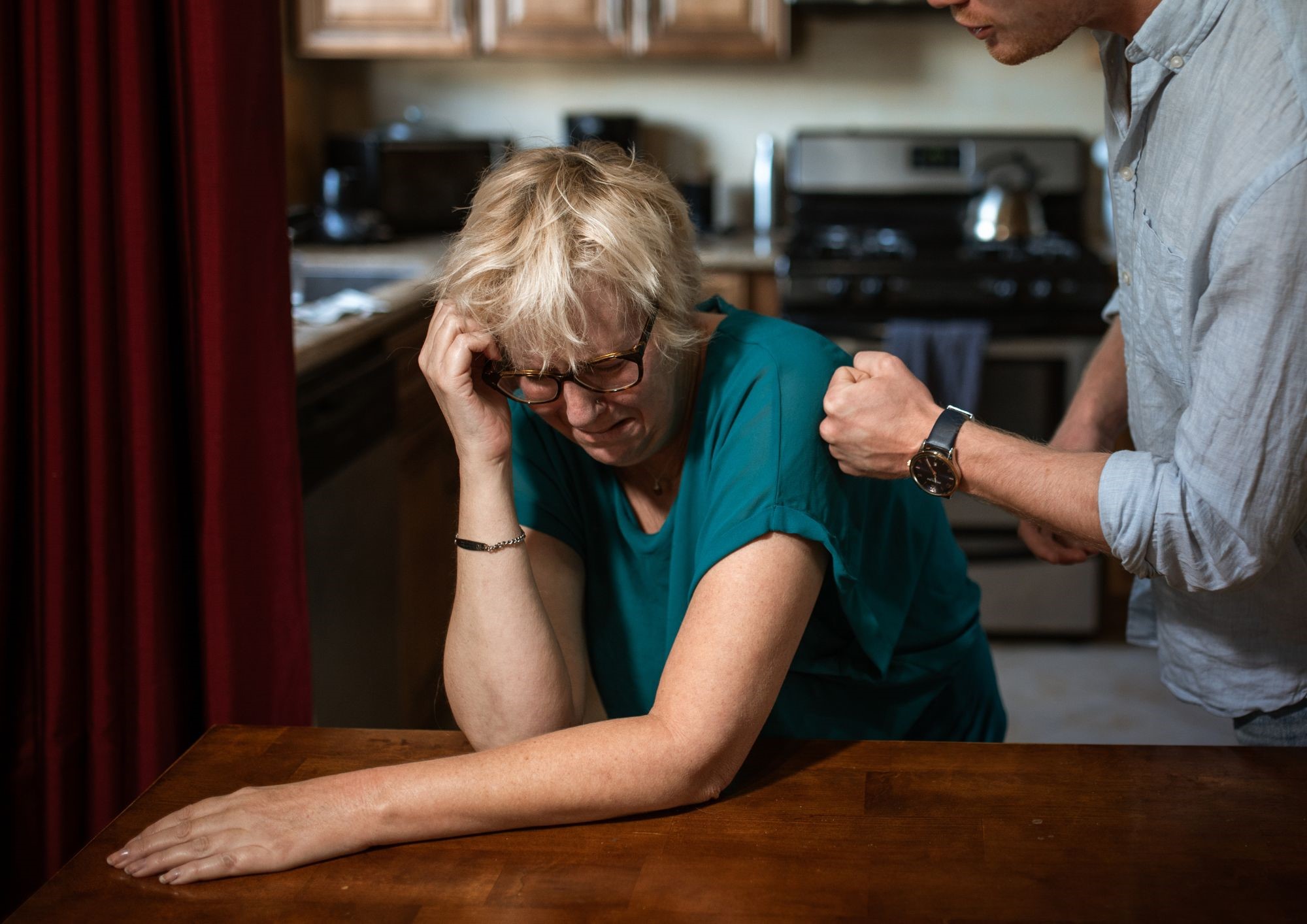When a relationship is under strain
When a relationship is complicated, it can be a difficult and stressful experience for everyone involved. Here are some tips that may be helpful:
- Acknowledge the difficulties: It’s important to acknowledge the complicated relationship and take responsibility for your role in the situation. Avoid blaming the other person and focus on what you can do to improve the relationship.
- Set boundaries: Setting boundaries can be crucial to maintaining a healthy relationship. Consider setting clear boundaries around unacceptable or harmful behaviour, and be willing to enforce those boundaries if necessary.
- Focus on the positive: It’s essential to focus on the relationship’s positive aspects and express gratitude for the good things the other person brings to your life.
- Practice empathy: Try to see things from the other person’s perspective and practice compassion. This can help build understanding and foster a sense of connection in the relationship.
- Communicate openly: Communication is vital in any relationship and becomes even more critical when a connection is strained. Communicate openly and honestly with your partner about your thoughts and feelings, and listen carefully to what they say in response.
- Identify the issues: Try to identify the specific problems that are causing strain in the relationship. Once you have a clear understanding of what the issues are, you can start working on finding solutions.
- Seek support: Consider seeking help from a mental health professional or relationship coach. They can provide a safe and supportive environment to explore your feelings and develop effective strategies for improving the relationship.
- Practice self-care: It’s important to take care of yourself during times of stress. Make time for self-care activities such as exercise, meditation, or spending time with friends and family.
- Be patient: It’s important to remember that repairing a relationship takes time and effort. Be patient and stay committed to the process, even if progress seems slow.
- Consider the future: While it’s essential to focus on the present, thinking about the future and what you want the relationship to look like can be helpful. This can provide motivation and direction as you work to improve the relationship.
Ultimately, it’s important to remember that every relationship is unique, and there is no one-size-fits-all solution to repairing a relationship under strain. With patience, commitment, and support, working through relationship issues and building a stronger, healthier relationship is possible.

Counselling and psychotherapy
Counselling or therapy can be helpful for individuals experiencing relationship issues, as it can provide a safe and supportive environment to explore feelings and learn effective communication and problem-solving skills. Couples therapy or family therapy can be beneficial for addressing relationship issues within the context of the relationship itself.
In addition to therapy, self-help strategies can also effectively improve relationship issues. These can include practising active listening, setting boundaries, working on personal growth and self-awareness, practising forgiveness and empathy, and more.
Recognising that every relationship is unique and there is no single approach to resolving relationship issues. However, seeking support from a mental health professional or relationship coach can help individuals develop personalised strategies to address their difficulties and improve their relationships.

Are you in an abusive relationship?
Abusive relationships involve one person exerting power and control over another through physical, emotional, sexual, and financial abuse. These relationships can be difficult to recognise and leave and have serious long-term consequences for the victim’s physical and emotional well-being.
Here are some signs that you may be in an abusive relationship:
- Your partner controls your finances or other aspects of your life.
- Your partner is physically violent, threatens, or behaves coercively.
- Your partner criticises or belittles, or isolates you from friends and family.
- Your partner manipulates you or makes you feel guilty.
- Your partner engages in sexual behaviour without your consent or uses sex as a form of control.
- You feel afraid of your partner or like you’re walking on eggshells around them.
If you think you may be in an abusive relationship, seeking help is essential. Consider talking to a trusted friend, family member, or mental health professional about your situation. You can also contact a domestic violence hotline for support and resources.
Leaving an abusive relationship can be difficult, but resources are available to help you. A domestic violence hotline can provide information on safety planning, legal resources, and shelters. It’s important to prioritise your safety and well-being above all else and to seek help and support as you work through the process of leaving the relationship.

Are you with a narcissistic partner?
A narcissistic partner exhibits traits of narcissistic personality disorder, a mental health condition characterised by a pervasive pattern of grandiosity, a need for admiration, and a lack of empathy for others. Narcissistic partners can be extremely challenging to be in a relationship with, as they may prioritise their own needs and desires over their partner’s. They may engage in manipulative or controlling behaviour.
Here are some signs that you may be in a relationship with a narcissistic partner:
- They have an inflated sense of self-importance and may exaggerate their achievements or talents.
- They strongly need admiration and may seek attention or praise from others.
- They lack empathy for others and may dismiss your feelings or needs.
- They may engage in manipulative or controlling behaviour, such as gaslighting or belittling.
- They may have a sense of entitlement and believe that they deserve special treatment or privileges.
- They may be easily offended or defensive when criticised or challenged.
If you think you may be in a relationship with a narcissistic partner, seeking help is essential. Consider talking to a mental health professional about your situation, as they can provide support and guidance on managing the relationship or leaving it. You can also consider setting boundaries and practising self-care to protect your own well-being. Remember, you deserve to be in a healthy and respectful relationship.

Is your narcissistic partner destroying your life and health?
If you feel that your narcissistic partner is destroying your life and health, seeking help and support is important. Being in a relationship with a narcissistic partner can be emotionally and mentally draining and have serious long-term consequences for your well-being.
Here are some signs that your narcissistic partner may be negatively impacting your life and health:
- You feel constantly drained or exhausted, both emotionally and physically.
- You experience anxiety or depression as a result of the relationship.
- You feel like walking on eggshells around your partner or constantly fearing their reactions.
- You have lost interest in things you used to enjoy or have withdrawn from your social life.
- You experience physical symptoms, such as headaches, digestive issues, or insomnia, as a result of the stress and anxiety of the relationship.
- You have developed unhealthy coping mechanisms, such as substance abuse or disordered eating, to cope with the stress of the relationship.
If you are experiencing any of these symptoms, seeking help is essential. Consider talking to a mental health professional about your situation, as they can provide support and guidance on managing the relationship or leaving it. You can also consider reaching out to a support group or hotline for people who have been in abusive relationships.
Remember that your health and well-being are important, and it’s okay to prioritise your own needs and safety above your partner’s. You deserve to be in a healthy and respectful relationship, and resources are available to help you get there.










